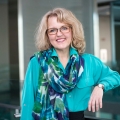Michelle Savard is a doctoral student in Education. Keenly interested in peace education and child protection, her research examines both the marginalization and the reintegration of formerly abducted young mothers in Northern Uganda. She has more than 20 years of experience designing, delivering and managing educational programs both nationally and internationally, which includes training for educators, police peacekeepers and social workers. She has co-edited a prestigious journal and coordinated the delivery of international conferences.
Blog post
Praxis, research and opportunity at the Georg Eckert Institute
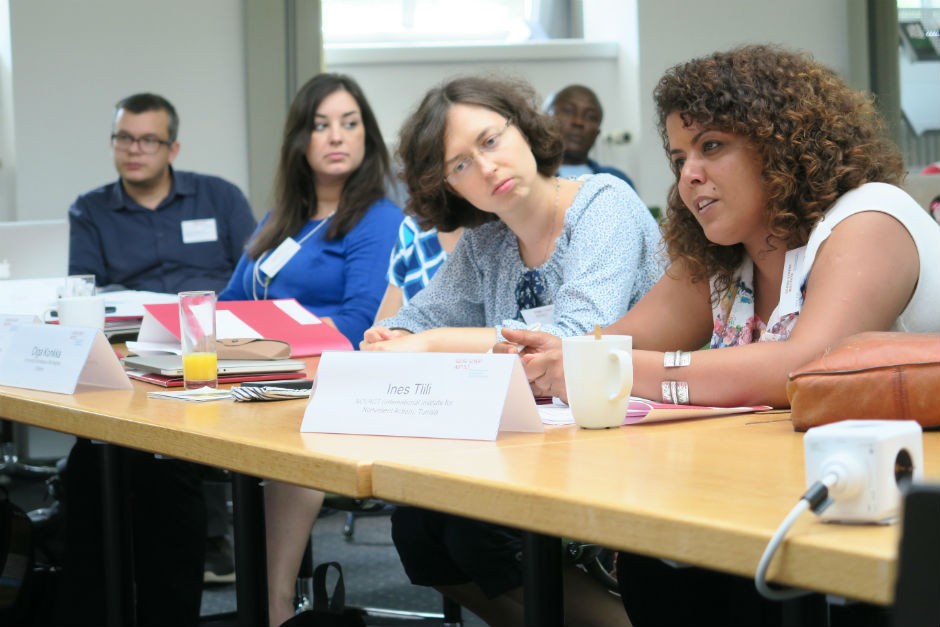
Are you looking for a unique opportunity to debate and discuss important issues with some of the top scholars and practitioners in the fields of peace education, international development, humanitarian aid, law, history, gender equity and the like?
Here's how
Every year, the Georg Arnhold Program on Education for Sustainable Peace invites applications for its week-long summer school that takes place at the Georg Eckert Institute for International Textbook Research (GEI). This year’s theme, "Preventing Violent Extremism through Education," included presentations from representatives from 19 different countries on theories and practices pertinent to: examining extremism and counter extremism; identifying the drivers of radicalization; preventing the militarizing of schools; analyzing textbooks; and creating inclusive learning environments.
Themes in previous years included: "Teaching and learning from the past in the Aftermath of Civil War;" "Transitional Justice and Education;" "Human Rights Education;" and "Education in Emergencies." The theme is posted with the call for papers in January of each year. They look for about 20 PhD students, academic experts in the field, and practitioners who can present on their work and contribute to a lively discussion about the theme.
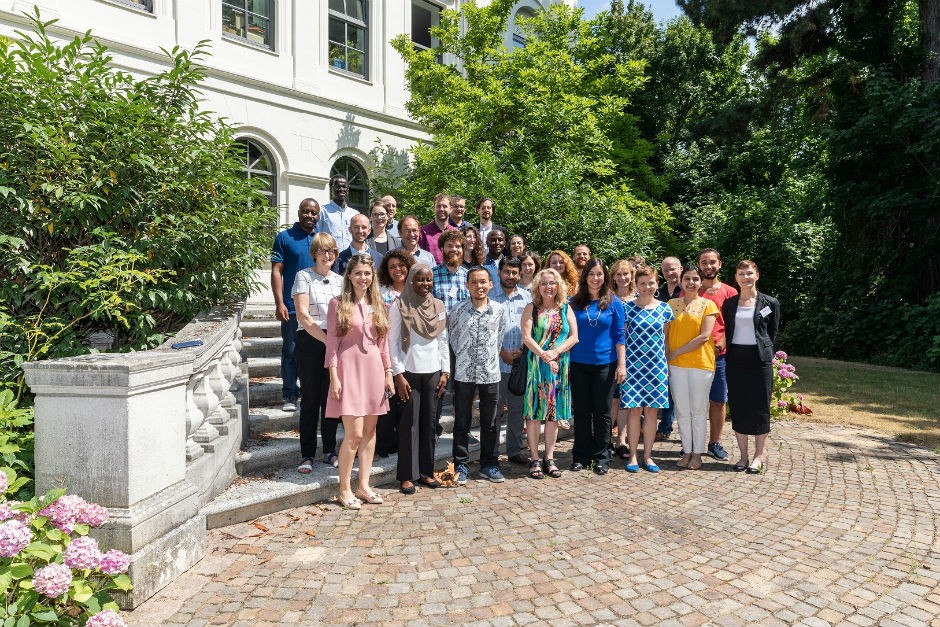
I learned about GEI through my supervisor M. Ayaz Naseem. In 2013-14, he was awarded the position of First Georg Arnhold Research Professor as a result of more than two decades of work in peace education. Later that year, with Adeela Arshad-Ayaz, they created an inclusive space where conversations could take place about such topics as the relationship between marginalization and radicalization; and the role teachers, institutes and communities can play to prevent and counter radicalization.
"Teaching about Extremism Terror and Trauma" (TETT) has been held at Concordia since 2014. This international conference brings together academics, teachers, research institutes, community organizations, and NGOs — encouraging discussions with an aim to have an impact on both policy and pedagogy.
This summer, Naseem and Arshad-Ayaz also chaired a summer school at Concordia about Counter-Radicalization Education. Through collaborative instructional design, participants created pedagogical materials to prevent violent extremism which will be made available to schools boards, teachers and education institutions. During the summer school at GEI, we also discussed how theory in the field could be translated into the production of pedagogical materials and programs.
History and GEI
The GEI was founded with an aim to foster intercultural understanding. As a means to develop peace between former adversaries, the Institute started by facilitating the collaborative creation of textbooks. The first textbook project was launched with Germany and France shortly after the Second World War. Subsequent textbooks have been written by Germany and Poland and later, Israel and Palestine in international textbook commissions.
Although it took more than 10 years, recently the Institute published a history/cultural studies textbook written by scholars from Japan, China and Korea. Can you imagine what it took for representatives from these three countries to agree on how history in that part of the world unraveled?
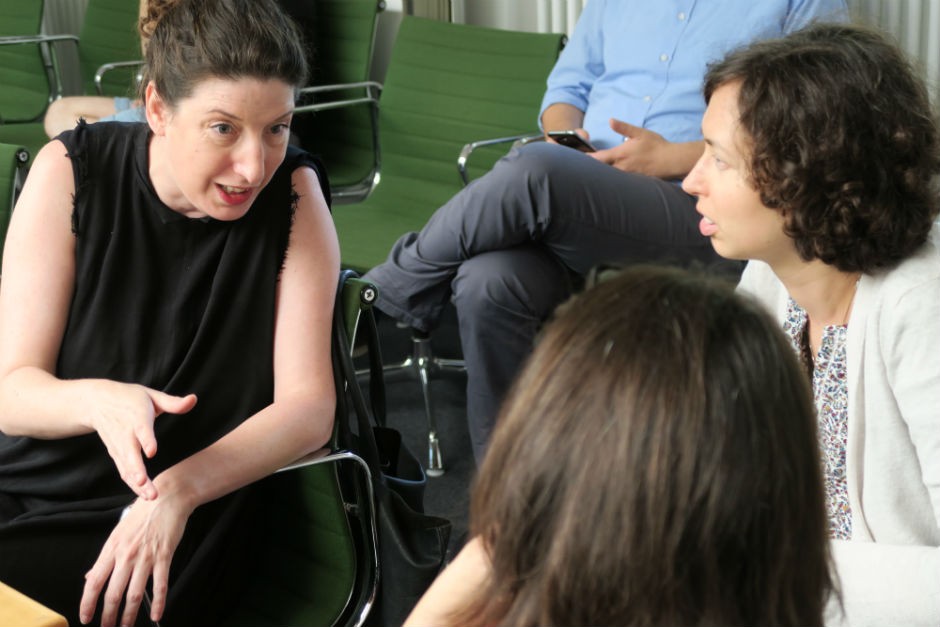
Not only do these texts contain multiple perspectives on history, the process stimulates dialogue and mutual understanding between project participants, including academics, historians and teachers. GEI has an extensive collection of textbooks that can be accessed by the public. For those outside Germany, many of these texts can be accessed online.
The textbook commissions and the summer school demonstrate the intent of the Institute, which is to create a bridge between theory, policy and practice so that practice can inform research and policy and vice versa. The research focus at GEI focusses on education, peace and conflict studies, textbook and media, memory practices, pedagogical practices and the representation of history in textbooks.
Inspiration
The Georg Arnhold Program at the GEI was inspired by and named after Georg Arnhold, who had to flee Germany with his family during the Second World War. His grandson, Henry Arnhold, established the Georg Arnhold Program at the GEI in order to honour the legacy of his grandfather who was a committed pacifist and patron of the arts and humanities.
This program offers a visiting fellowship for practitioners and researchers, delivers an annual symposium, and offers scholarships for the annual summer school.
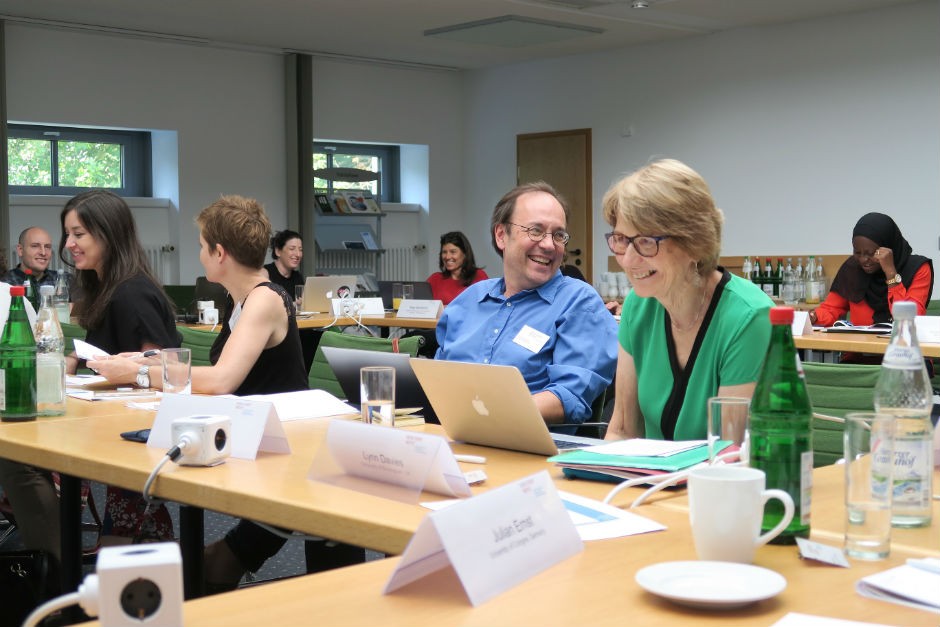
This was the second time I participated in the summer school at GEI. For both, I had the opportunity to meet leaders in the field. Lynn Davies — who has also presented at TETT — delivered a heart-wrenching account of a mother who had lost her boy to extremism. Gal Harmat presented on using simulation games to prevent violent extremism, while practitioners from UNESCO facilitated a discussion on building the capacity and leadership of youth.
I left the summer school with a richer knowledge of the issues and questions. I also left with an understanding of the work that I need to do in order to communicate my findings in a way that will be useful and relevant for practitioners.
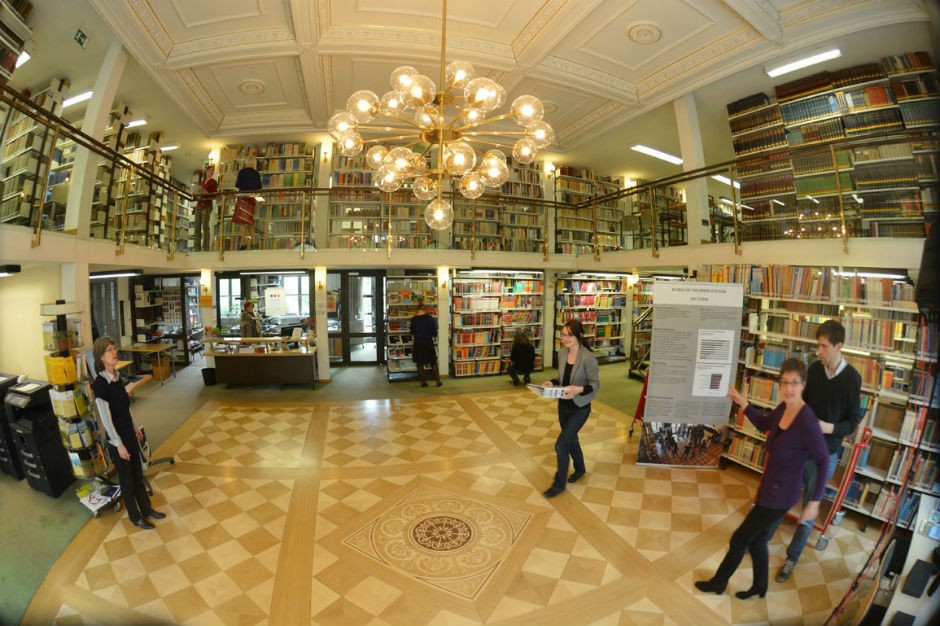
I would encourage you to use the digitized library, apply for this summer school, or any of the other fellowships offered by GEI.
“With guns you can kill terrorists, with education you can kill terrorism.”
— Malala Yousafzai
About the author
